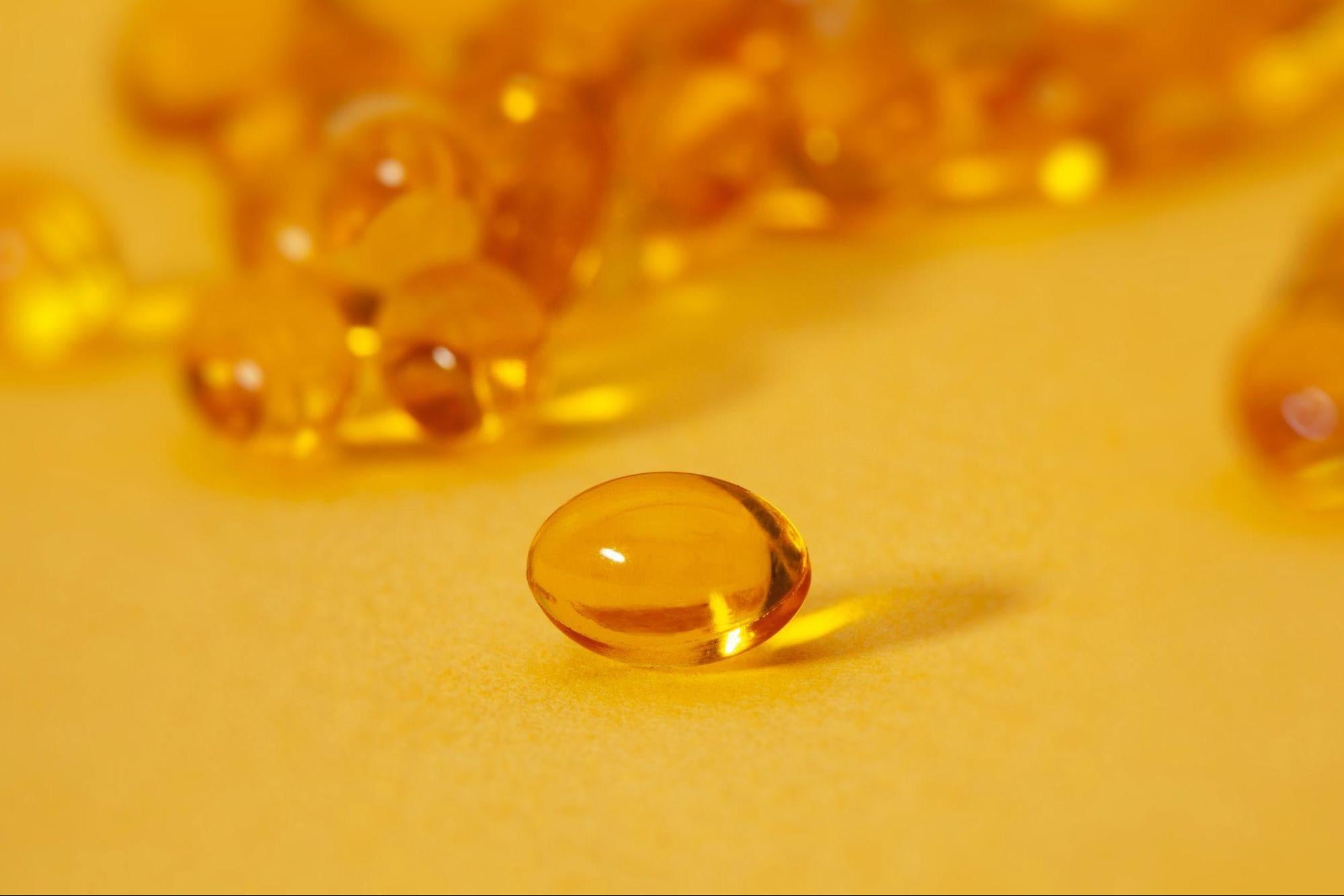Vitamin D, often hailed as the "sunshine vitamin", plays a pivotal role in a range of physiological processes. Beyond its well-established function in bone health, recent research has begun to illuminate its influence on various other aspects of well-being, particularly sleep quality and recovery. The intricate relationship between Vitamin D and sleep has been a topic of interest, especially as deficiencies in this vitamin have become more prevalent in modern times.
The connection between Vitamin D and recovery, especially post-exercise, is becoming more apparent with emerging studies. As athletes and health enthusiasts seek holistic approaches to enhance their performance and recuperation, understanding the myriad benefits of this essential nutrient becomes paramount. Dive into the article to explore the profound ways in which Vitamin D can impact sleep and recovery.
Related Link: Perfect Keto Protein Shake Recipe (Low Carb)
Vitamin D and Sleep Regulation: The Secrets of Nightly Rest
For the vast majority, the role of Vitamin D in sleep regulation remains a little-known fact. Its profound connection to our sleep-wake cycle, termed the circadian rhythm, is an area of increasing scientific focus. Across various regions of our brain, especially those intricately involved in initiating and maintaining sleep, Vitamin D receptors are found in abundance. When these receptors are satiated with optimal levels of this vitamin, the resulting effect is an enhancement in sleep quality. Numerous research undertakings have consistently showcased that individuals with elevated Vitamin D levels experience superior sleep quality and shorter sleep latency, the duration it takes one to drift into slumber. With the modern challenges of insomnia and sleep disturbances, ensuring an ample supply of Vitamin D might be an indispensable solution for rejuvenating, uninterrupted sleep.
Post-Exercise Recovery: The Unveiling of Vitamin D's Nurturing Embrace
Physical exertion, especially intense workouts, demands a lot from our body, leading it to embark on an intricate journey of repair and rejuvenation. Here, Vitamin D steps up, proving itself as an indispensable ally. One of its stellar roles lies in facilitating the absorption of calcium, a mineral that's fundamental for maintaining bone density and muscle functionality. But that's not where its magic ends. Vitamin D is equipped with potent anti-inflammatory attributes. It's common knowledge that after vigorous exercise, muscles often undergo inflammation as part of the healing process. By maintaining sufficient Vitamin D concentrations, this inflammation can be notably reduced, catalyzing the recovery phase. Athletes, given their intense physical demands, can derive significant advantages by ensuring their Vitamin D levels are at their peak, promoting faster muscle healing and diminishing the possibilities of stress-induced bone fractures.
The Mood Connection: Delving Deeper into Vitamin D and Psychological Health
Vitamin D's reach extends far beyond just physical health; its effects resonate deeply with our psychological well-being. A consistent observation across numerous studies indicates a concerning link between Vitamin D deficiencies and an array of mood disorders, notably depression and anxiety. The underpinnings of this connection trace back to Vitamin D's instrumental role in the synthesis of serotonin, a pivotal neurotransmitter that holds sway over mood regulation, sleep patterns, and even our daily appetite. By ensuring a consistent and adequate intake of Vitamin D, individuals can potentially elevate their mood, foster a pervasive sense of well-being, and create a robust buffer against the mental strains that often accompany physically taxing activities.
Related Link: High Protein French Toast Recipe
The Overdose Dilemma: Navigating the Fine Line
The old adage, "too much of a good thing can be bad," rings particularly true for Vitamin D. While its benefits are myriad, there's a threshold of intake that shouldn't be crossed. Going beyond this limit triggers vitamin D toxicity, medically termed hypervitaminosis D. Such a scenario sets the stage for hypercalcemia, a condition characterized by excessive calcium levels in the bloodstream. This calcium overload manifests in a series of symptoms ranging from nausea and vomiting to muscle fatigue. In extreme cases, it can wreak havoc on bone integrity leading to debilitating pain and even fractures. Additionally, vital organs like the kidneys may bear the brunt, and cardiovascular risks can surge. Striking the right balance in Vitamin D intake, hence, emerges as a non-negotiable for overall health.
Sourcing Vitamin D: Navigating Natural and Supplemented Pathways

Undoubtedly, the sun remains the most prolific source of Vitamin D for the majority. The UVB rays, when they grace our skin, set off a chain of biochemical reactions culminating in Vitamin D synthesis. But today's indoor-centric lifestyles, coupled with concerns about prolonged sun exposure, mean many are missing out on this natural bounty. As a result, Vitamin D deficiencies are on an alarming rise. In such scenarios, dietary supplements step in as saviors. Alongside supplements, certain foods naturally brim with Vitamin D - fatty fish like salmon and mackerel, fortified food products, and the humble egg yolk. However, a word of caution is warranted: before venturing into the realm of supplements, a detailed consultation with a healthcare expert is indispensable to determine the right dosage and sidestep the risks associated with overdose.
Looking for performance-optimizing gummies to help you achieve your fitness goals? Learn about HUMBLEROOTS today!
Vitamin D and Skin Health: A Radiant Connection
Amidst the varied benefits of Vitamin D, its symbiotic relationship with skin health often goes unnoticed. Vitamin D plays a pivotal role in skin cell metabolism and growth, promoting the skin's innate immunity and barrier function. Furthermore, its anti-inflammatory properties have been associated with mitigating symptoms of skin disorders such as psoriasis and eczema. By ensuring optimal Vitamin D levels, one can not only foster robust skin health but also harness its protective qualities against potential skin ailments. Whether through dietary sources, supplements, or sun exposure, maintaining adequate Vitamin D can be a cornerstone for radiant, resilient skin.
Do you have any questions about our all-natural performance gummies? Contact HUMBLEROOTS today!
Embracing the 'Sunshine' for Holistic Well-being

The multifaceted benefits of Vitamin D are becoming clearer with ongoing research. From enhancing sleep quality to aiding in physical and mental recovery, its role in holistic health is undeniable. While it's termed the "sunshine vitamin", its benefits spread far beyond just brightening our days. By understanding its profound impacts and ensuring adequate intake, one can pave the way for better sleep, quicker recovery, and an enhanced state of well-being.
Related Link: Delicious High-Protein Pudding Recipe



